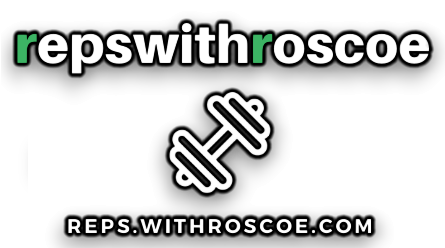Diet
Hypertrophy Research Blueprint – navigate to ‘Diet’ tab/sheet.
A balanced diet comprises the macronutrients carbohydrates, proteins, and fats in the right amounts, as well as necessary micronutrients like vitamins and minerals. It also includes adequate hydration. Customizing your diet to your individual needs, goals, and preferences is key to maintaining optimal health and achieving your desired outcomes.
Carbohydrates: Carbohydrates (carbs) are a primary source of energy for the body. They are found in foods like grains, fruits, vegetables, and legumes. Carbs can be simple (sugars) or complex (starches and fibers). They provide fuel for daily activities and workouts, and a portion of carb intake is stored as glycogen in muscles and the liver for quick energy access.
Proteins: Proteins play a vital role in constructing and mending tissues, encompassing muscles, enzymes, and hormones. They are made up of amino acids, which are the building blocks of the body. Sources of protein include meat, poultry, fish, dairy, legumes, nuts, and seeds. Protein intake is crucial for muscle growth, recovery, and overall bodily functions.
Fats: Dietary fats are important for energy, supporting cell structure, and aiding in the absorption of fat-soluble vitamins. They can be saturated (found in animal products and some plant oils), unsaturated (found in nuts, seeds, and vegetable oils), or trans fats (often found in processed foods). Including healthy fats in the diet is essential for optimal health and hormone regulation.
Vitamins and Minerals: Vitamins and minerals are micronutrients that play vital roles in various bodily functions, including immune support, bone health, and energy production. They’re found in a range of foods, such as fruits, vegetables, whole grains, dairy products, and lean proteins. A well-balanced diet ensures adequate intake of these essential nutrients.
Water: Water is essential for life and supports numerous bodily functions. It helps regulate temperature, transport nutrients, and remove waste products. Staying hydrated is crucial for overall well-being and performance.
Please refer to: https://examine.com/guides/protein-intake/
“Your optimal daily protein intake depends on your weight, goal, and level of physical activity: from 1.2–1.8 g/kg if you’re sedentary all the way up to 3.3 g/kg if you’re trying to minimize fat gain during a bulk,” Examine.com.
“To gain muscle, most people should aim for 1.6–2.4 g/kg,” Examine.com.
“For healthy individuals, the average daily water for men is about 15.5 cups and for women about 11.5 cups. That might mean you need only four to six cups of plain water, depending on other fluid sources such as coffee, tea, juice, fruits, and vegetables,” Havard Health. 1 US cup = 236.588 milliliters. Therefore 15.5 cups in millilitres = 236.588*15.5 = 3667114 milliltres!
“The U.S. National Academies of Sciences, Engineering, and Medicine determined that an adequate daily fluid intake is: About 15.5 cups (3.7 liters) of fluids a day for men. About 11.5 cups (2.7 liters) of fluids a day for women,” Mayo Clinic.
“How do I know if I’m drinking enough?
Your fluid intake is probably adequate if:
- You rarely feel thirsty
- Your urine is colorless or light yellow
Your doctor or dietitian can help you determine the amount of water that’s right for you every day.
To prevent dehydration and make sure your body has the fluids it needs, make water your beverage of choice. It’s a good idea to drink a glass of water:
- With each meal and between meals
- Before, during and after exercise
- If you feel thirsty
” Mayo Clinic.
